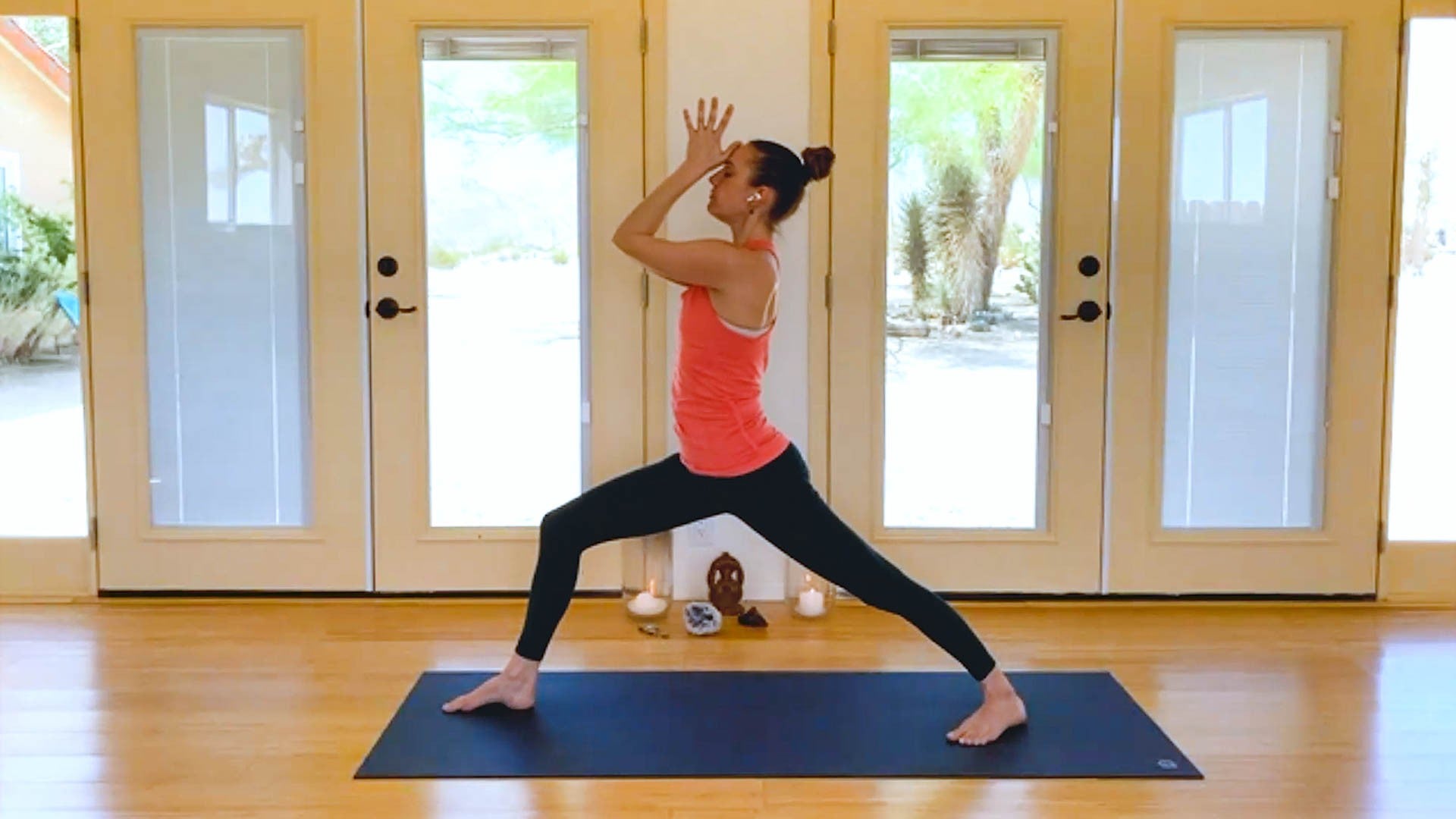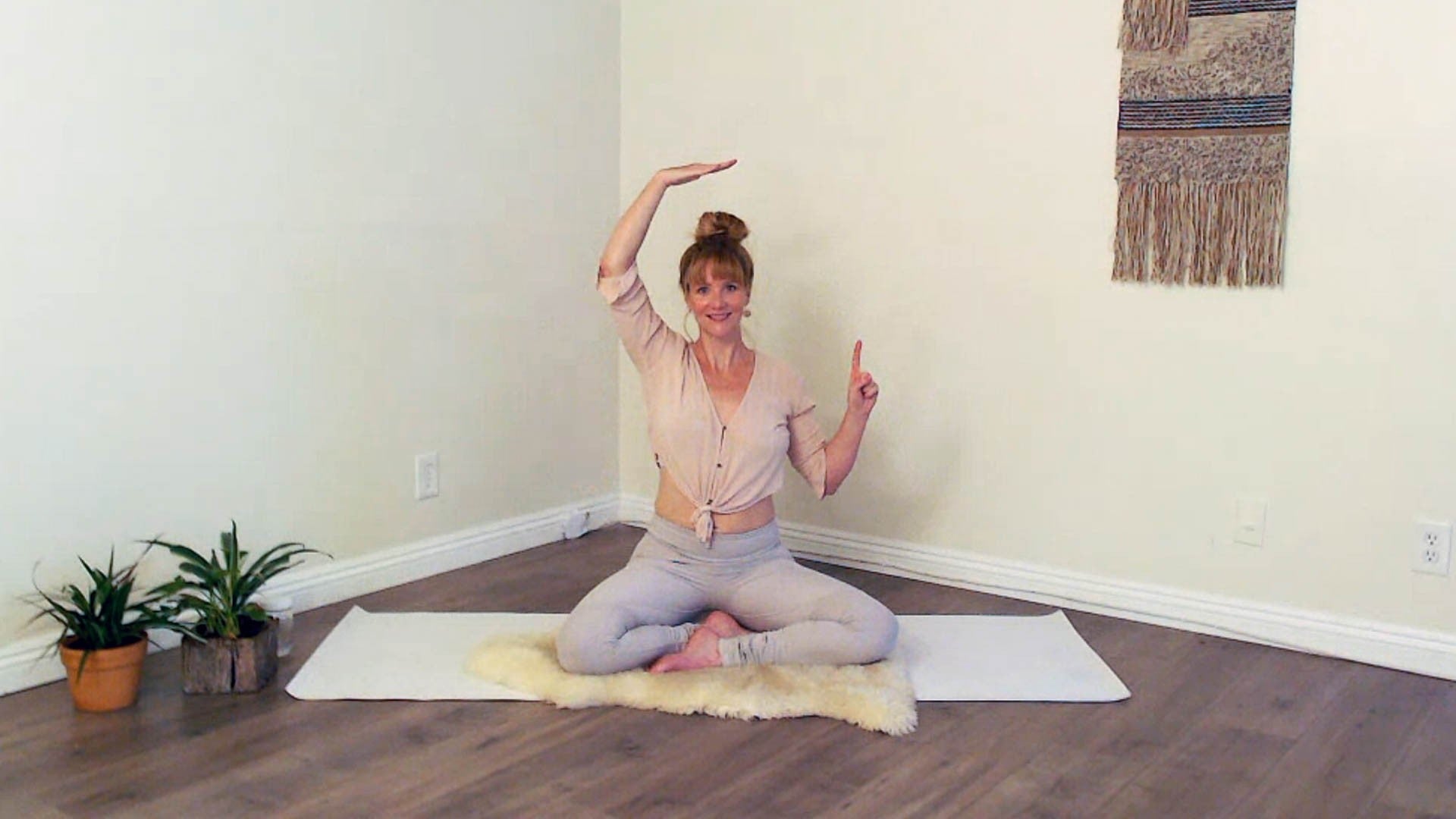
Accessing and Mastering Our Intuition
Contrary to popular belief, intuition is a gift bestowed upon all human beings, not just a select few we call "intuitives." For many people, this gift goes unacknowledged and un-opened. Why does intuition seem elusive to so many? Why do people fail to acknowledge and put to use this empowering gift?
We have five visceral senses that assist us in navigating the material world: sight, hearing, touch, taste, and smell. These senses allow us to perceive, understand, adapt, and communicate in our environment. Intuition, in its many dimensions, is often known as the "sixth sense." It is more subtle than the other five senses, but it also assists us to be more powerful in our ability to navigate the material world.
The main difference between the five visceral senses and the sixth sense is that intuition has the ability to bypass the sensory nervous system, conscious thought, logic, and reason. Our ability to apply logic and reason exists within the framework of conscious thinking. Conscious thought is limited to the information that is processed through the five senses. However, logic and reason do not allow us to access, understand, explain, or explore intuition. This is why intuition's existence is so often ridiculed, dismissed, and denied altogether. So much of our modern world is built around complete reliance on the framework of logic and reason, which allows little room to consider that which exists in the dimensions above and beyond it.
The Five Sheaths
Intuition comes from a place that is superior to and transcends the realm of logic and reason. A place where the soul lives and acts as an interpreter between the larger expanse of universal consciousness and our individualized consciousness. In Vedantic Philosophy, the source of yogic wisdom, there is reference made to the 5 koshas, or "sheaths." These five koshas represent the layers of our existential nature from the densest, the Anamaya Kosha (our physical body), to the subtlest, the Anandamaya Kosha (our heavenly body or soul).
Knowledge of the koshas assists in cultivating a deeper understanding of the difference between the five senses of the physical body and the 6th sense of the heavenly body. The five koshas are: Anamaya Kosha - (Physical body, bone, tissue), Pranamaya Kosha - (Energy body, prana, life force), Manomaya Kosha - (Mental and Emotional bodies), Vijanamaya Kosha - (Wisdom, intellect), and Anandamaya Kosha - (Angelic, heavenly body or soul).
The five visceral senses of sight, hearing, touch, taste, and smell are processed, for a lack of better words, through the Manomaya kosha and the Anamaya Kosha. The mental, emotional, and physical sheaths, respectively. They are the stuff of the mind and the body assisting us in living out our physical existence in cooperation with each other, nature, and our environment.
The sixth sense of intuition is facilitated through a subtler sheath of existence, the Anandamaya Kosha, our soul body, and assimilated through the Vijanamaya Kosha, our wisdom body.
As we open up and access subtler dimensions of our being through the practice of yoga, pranayama, and meditation, we strengthen our relationship with the subtler sheaths and begin to cultivate a deeper relationship with our intuition and psychic abilities. Our whole sensory system, material and spiritual, becomes more sensitized and awake. In essence, we become more alive, more conscious, and embodied with our human gifts.
Presence is a Prerequisite
A prerequisite to developing a strong relationship with intuition is by strengthening one's ability to the present. As we deepen our connection to the present moment as it is playing out in realtime (as opposed to constantly ruminating in the past or anticipating the future), we enable ourselves a unique opportunity to be receptive to intuitive communications being expressed from within.
When our awareness is fragmented or dispersed into the past and/or future indiscriminately, we are distracted from receiving the information that is making itself accessible to us through our intuitive sensibilities. The more we can train ourselves with the tools of yoga, pranayama, and meditation to reside in the present moment, the more accessible and strong this intuitive capability is within us.
The Leap
The most challenging part of incorporating intuitive gifts into our lives isn't learning how to cultivate presence and open ourselves up to receive these intuitive hits. That is a skill available to humans as a general rule, assuming they are in a stable place to reflect, receive, and acknowledge these sensibilities. The most challenging part of incorporating intuitive gifts into our lives is taking the leap to trust them.
How many times have we sighed in reflective regret, "I should've followed my intuition"? Oftentimes, it's not that intuition isn’t available to us, it’s that we haven’t created a deep enough relationship with it to trust and rely upon it in equal measure to logic and reason. When we have a system in place within ourselves that balances logic and reason with intuition and insight, we start to access a space of self-mastery and sovereignty. This expansion of consciousness cannot come without experimentation and experience.
Experimenting with Intuition
As you deepen your relationship with presence, you will notice your intuition will more regularly be communicating with you. Sometimes it's hard to feel safe and confident taking action on some of the more broad intuitive awarenesses like, It's time to leave this situation. I wouldn't recommend kicking off your relationship with intuition by leaping into one of these game changers. You may be biting off more than you can chew.
Instead, consider starting with leaning into the intuitive awarenesses that feels reasonable, doable, and true. Like those instances when you feel intuitively, for example, This is not the right opportunity for me or I’m feeling very strongly like saying (yes/no), even though logically I should say (no/yes), things like this. Accepting little invitations from your intuition and reflecting upon the outcome will start to enhance your relationship with intuition, and, moreover, it will enhance your ability to trust it as it presents larger invitations in the future.
Comments
No comments yet. Be the first!














You need to be a subscriber to post a comment.
Please Log In or Create an Account to start your free trial.